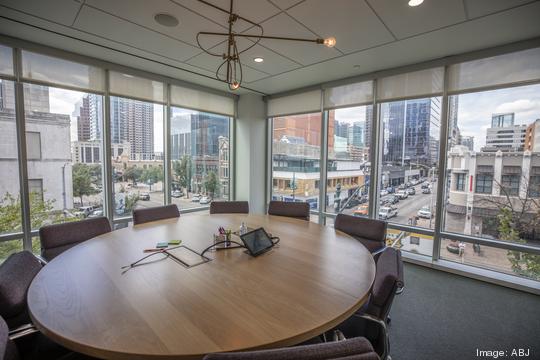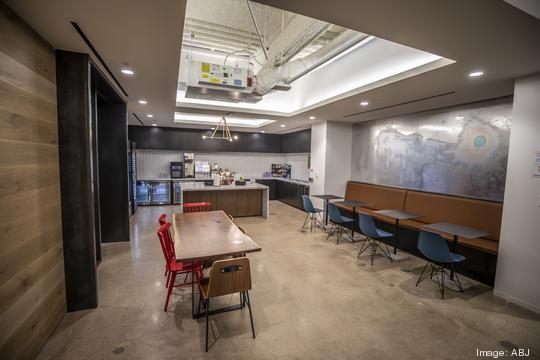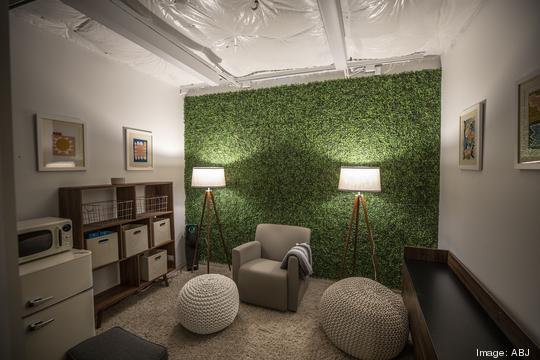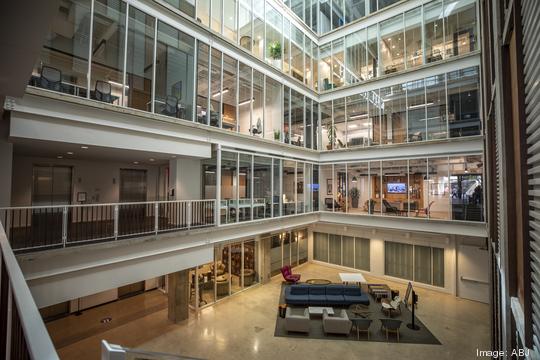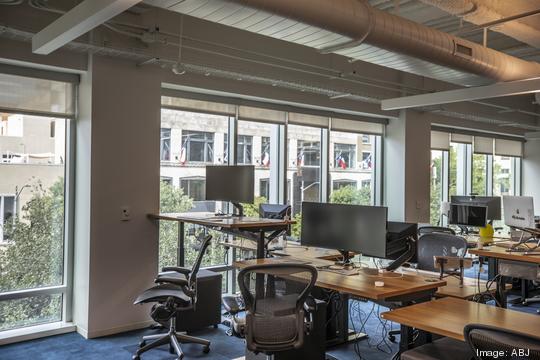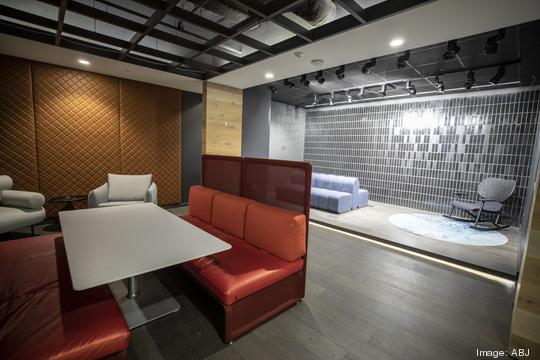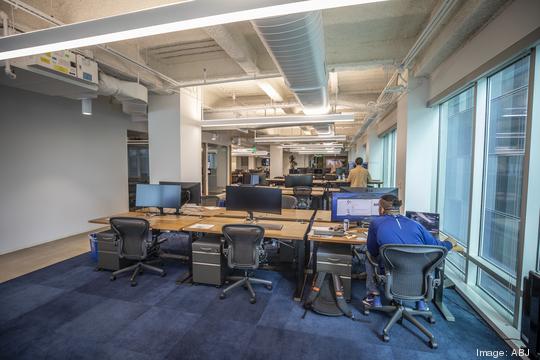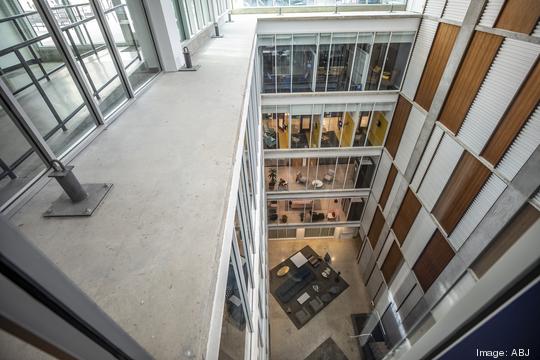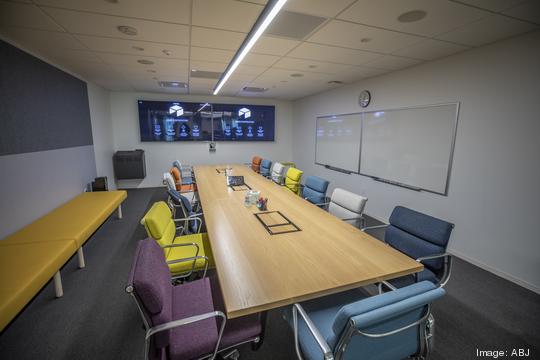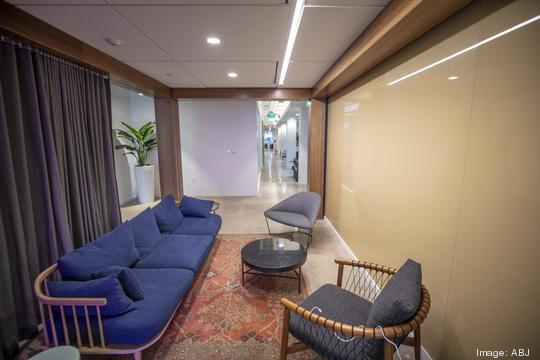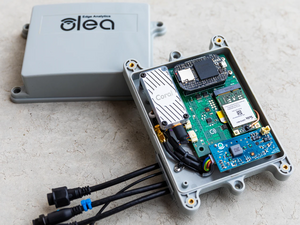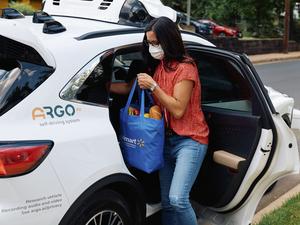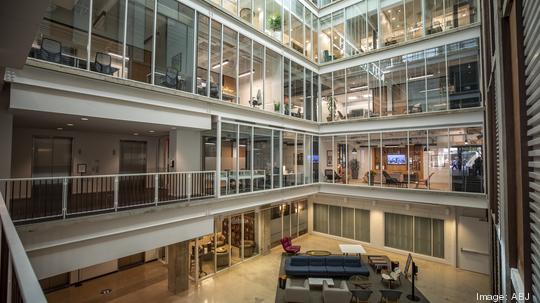
When it comes to returning to an office environment, it seems like everyone has a slightly different approach. Some companies barely missed a beat, others may never share a water cooler again.
Airtable, a San Francisco-based work collaboration software company, falls somewhere in between.
The startup, now valued at about $5.7 billion, established an Austin presence in early 2020 before the pandemic emerged in the United States. At the time, it had five employees in town and plans to create a customer engagement center. Just as it began its first wave of interviews, stay-at-home orders were instituted in Austin and across the nation.
After pausing its local office plans, the company has built a team of about 105, which now also includes an engineering team. Many of the new employees haven't met in-person despite working for the same company in the same city, said Brian Hagen, general manager of the Austin office.
That's life during a pandemic, but things are slowly changing. Airtable, which operates legally as Formagrid Inc., recently began softly opening its new office space at 501 Congress Ave. downtown in a space that used to be home to Dropbox's Austin team. The five-story space has a big atrium in the middle, an abundance of conference rooms and a break room equipped with a hands-free coffee machine.
Airtable's new space is 20,000 square feet. Dropbox, which an Airtable spokesperson said still has some space at 501 Congress Ave., had put space up for sublease months ago. In July, Dallas-based life insurance company Bestow Agency LLC announced it had subleased about 20,000 square feet of Dropbox's nearly 60,000 square feet in the building.
Gallery: Airtable's downtown Austin office
Currently up to 50% of Airtable employees can come into the office. They reserve desks through an app on Slack called Nashi.
"The number one priority for us in terms of going back to the offices is physical and psychological safety of our employees. And so, working from the office is completely optional," Hagan said. "We heard feedback when we surveyed the team, there was a lot of people who wanted to work in-person."
So far, about 15% of the company's roughly 105 local employees have been going to the office.
"We ask that they be fully vaccinated," Hagan said. "And so, that is something that we're requiring, and then we're doing the daily health screening. So when you reserve your desk, we ask you a few questions, and then we're wearing masks in the office as well, just to make sure that you know everybody is comfortable."
Airtable maintains social distancing with a limit of one person per conference room.
"On any given day, we probably have more conference rooms than people," Hagan said.
With limited in-person gatherings, Airtable has sought to build camaraderie among local employees by playing kickball and organizing workout sessions at Zilker Park. It also participated in a trivia night with other local startups that was hosted by Austin's Catalyst Games, an events-oriented offshoot of VC firm Notley that used to be called Startup Games.
Airtable also has a documentary club that gets employees together to select films to watch and discuss.
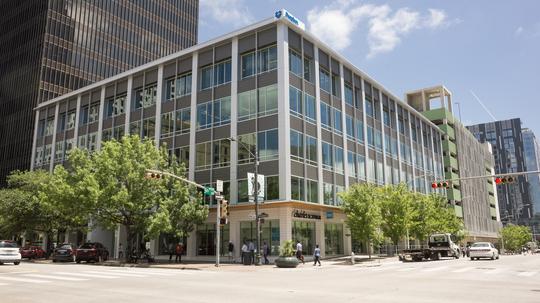
Tech companies are known for offering a wide variety of perks, including in-office game rooms, bars and coffee shops. The pandemic has forced some adjustments for Airtable.
It offers catered lunches via DoorDash. In lieu of an office workout space, it offers $250 wellness stipends. It provides employees $2,000 in annual professional development spending. And it gives employees a small budget to spend on their work-from-home setup, allowing them to get adjustable desks, extra monitors and ergonomic chairs.
But perhaps the perk that stands out most, especially at a time when many people are facing exceptional levels of stress from working from home and foregoing typical vacations, is Airtable's four "recharge days" per year. Those are essentially extra vacation days where almost all non-essential employees take the day off. Workers who have to be available those days stagger their additional time off.
"It can be hard to step away, and some of the feedback I've heard from a lot of people — and I've experienced this myself — is that during the lockdown, if you're not going to go on a big trip or vacation, it's like you don't take those days," Hagan said. "And so we saw some people were taking fewer vacation days."
The recharge days are key to preventing burnout.
"If everybody is not working on the day, it's much easier to unplug," Hagan said.
Editor's note: An earlier version of this story used an outdated valuation for Airtable. It has been updated.
